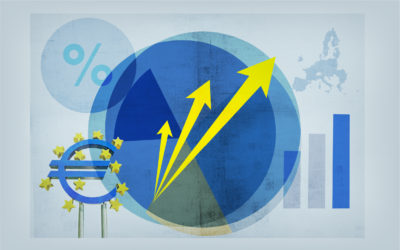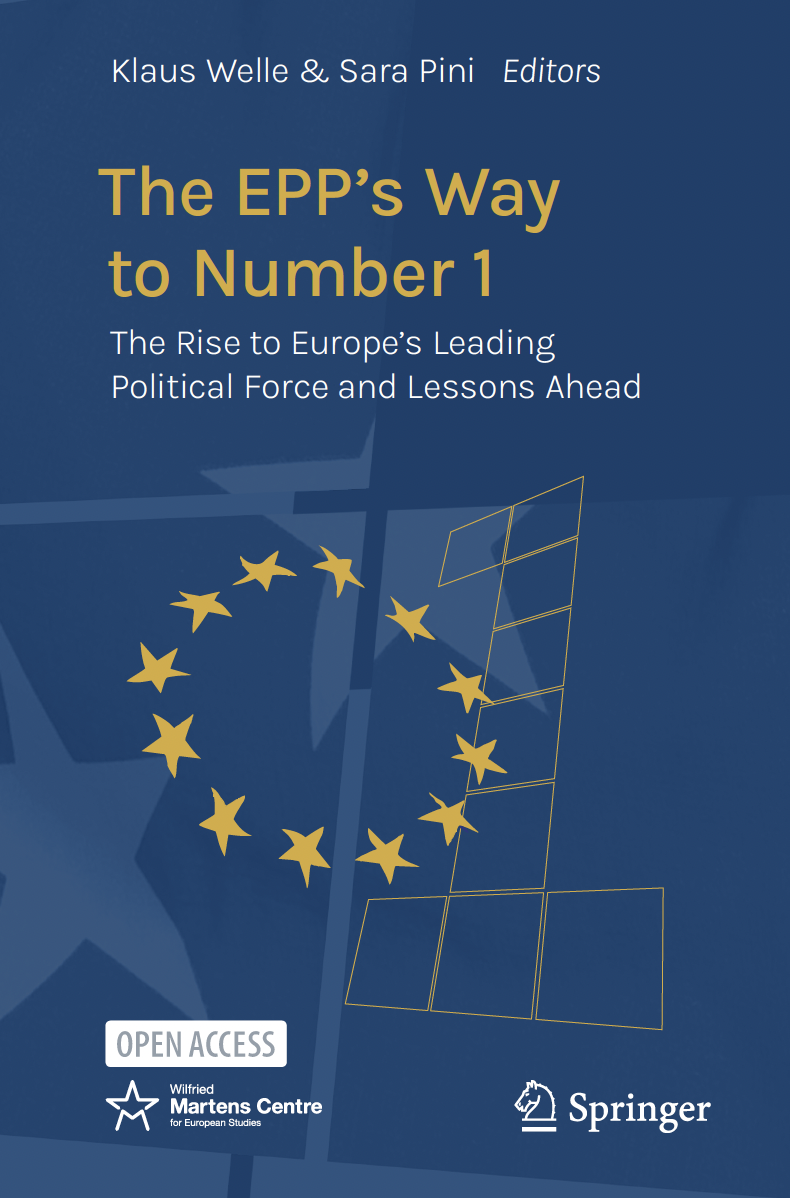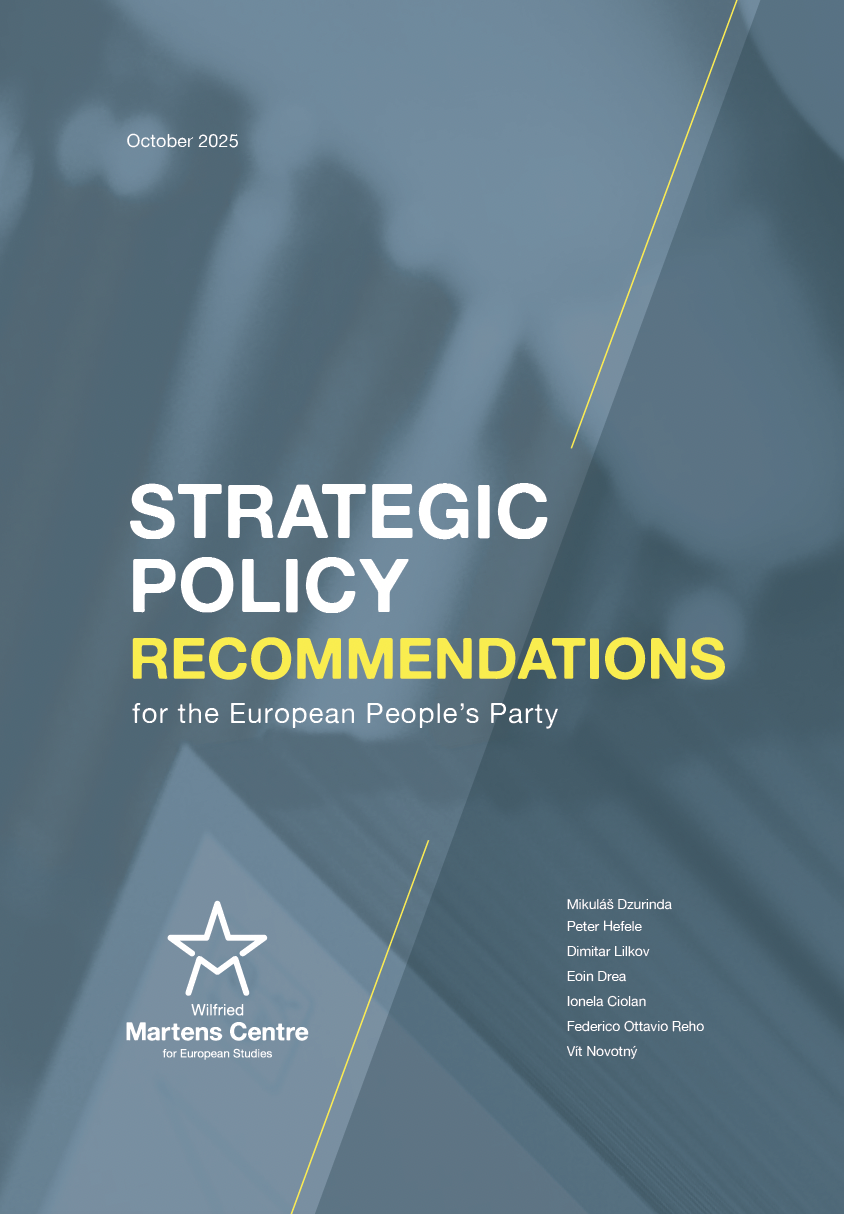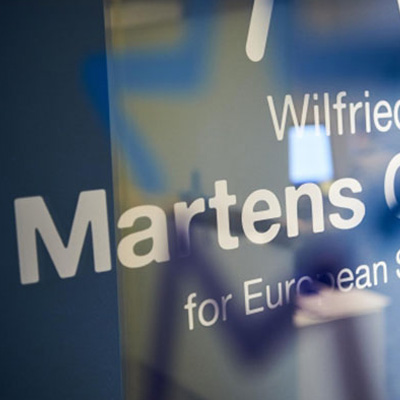Understanding Fidesz’s Landslide Victory in Hungary: Some New Data
08 April 2022

By Anne Blanksma Çeta, Principal Social Impact Strategy, Glocalities
While opinion polls announced a narrow race in the Hungarian parliamentary elections of 3 April, Fidesz enjoyed a decisive victory. How did Viktor Orbán achieve this? And what does it mean for Fidesz’s public support in the coming months, now that the EU has decided to activate the rule-of-law conditionality mechanism? A unique survey into the future of Europe in 10 EU countries (including Hungary) might provide some answers. The survey was conducted in December 2021, and then again in March 2022 to assess the impact of the war in Ukraine. These two surveys, commissioned by the Wilfried Martens Centre for European Studies and executed by the global research agency Glocalities, drew about 5000 respondents each, and will be published in a comprehensive report soon.
2018: Fidesz and the Values Coalition of Traditionalists and Achievers
Electoral victories by Fidesz in the past decade can be explained by the values coalition which Viktor Orbán put together in the last decade. It unites Traditionalists (status quo conservatives) and Achievers (entrepreneurial networkers), who together form a values majority in Hungarian society. This electoral coalition has been consistently mobilised by Fidesz with constant values-based messages and campaigns, emphasising traditional family values, national pride, and religious values. In contrast to these positive (in the eyes of the Fidesz electorate) values stand the values Fidesz vigorously opposes in all its forms: hedonism (by implication, the LGBT community), globalism (Soros, Brussels) and liberal pluralism. All indications for the 2022 elections were that Fidesz would again run a campaign based on this playbook. The referendum on Child Protection, scheduled on the same day as the national election, was specifically designed to reinforce this values-based framing, which worked so well for Fidesz in the past. Then, Russia invaded Ukraine on 24 February, throwing Fidesz’s electoral strategy in a shambles. The united opposition quickly grasped the weakness of the Fidesz campaign exploiting values cleavages in Hungarian society, while a war on Hungary’s border requires a unifying message. The opposition decided to brand Orbán as the divisive, pro-Putin and anti-EU candidate, which needed to be beaten by a united opposition. So, how come that campaign failed?

2022: Rebranding of Fidesz as the Party of Peace and Stability
It was not only the opposition who grasped that the war changed the electoral context; so did Fidesz. They decided to change the elections from a battle of national conservatives versus liberal progressives into a battle of war and instability (the opposition) versus peace and stability (continued rule by Fidesz). The results of our polling data from March 2022 show how Fidesz was able to read (and shape) the public mood:
- In a list of foreign threat perceptions, ‘Russian foreign policy’ went up from 10% to 29% in Hungary, which is high, but in a completely different league than threat perceptions in Poland (where the perceived threat of Russia climbed from 35% to 57%).
- Hungary was the only one of the 10 countries polled where willingness to provide security guarantees to other EU countries fell considerably (while in most other EU countries it went up or stayed the same). On the statement ‘Hungary should provide military support and assistance to another EU country if that country is under attack, even if that attack does not threaten Hungary directly’, agreement went down from 51% to 38%, showing the extent and effectiveness of Russian intimidation on the Hungarian public.
- On a list of EU policy concerns, ‘cost of living’ was increasing in Hungary the most out of all 10 countries polled, making it uncontestably the principal concern of Hungarians during the election campaign. This clearly made Hungarians more inclined to follow Orbán’s appeasing attitude towards Russia.
- On a list of values that people aspire for in Europe, ‘safety’ and ‘peace’ strongly gained in popularity in Hungary since the war in Ukraine, while the commitment to values of ‘equality’ and ‘human rights’ went down. This demonstrates how the war in Ukraine resulted in a trade-off between the values of safety and peace, which Fidesz made central to their campaign, versus equality and human rights, on which Fidesz has a bad track record in public opinion.
This polling data explains how the campaign message of Orbán being the candidate for peace and stability in times of war resonated with the country’s public mood. Concerns about peace and stability trumped concerns about rule of law and inequality, which became less important in contrast. The results also show the considerable difference in public sentiment between Hungary and Poland regarding their risk assessment of Russia and the impact of this threat on public opinion. In Poland, high threat perceptions about Russia and high solidarity with the Ukrainian people translated in an emboldened public opinion against Russia and public pressure to offer more support to Ukraine. Conversely, in Hungary, the war intimidated Hungarians to stay out of this conflict for fear of the consequences, both in terms of security and rising energy costs.
Threats and Opportunities Regarding Fidesz’s Future Public Support
How should the EU assess Fidesz’s public support moving forwards, with an EU-Hungarian conflict over the rule-of-law mechanism? Again, the survey data provides several clues:
- Fidesz’s current legitimacy lies in the party’s ability to offer peace and stability. Further increases in energy prices (gas sanctions?) and a military escalation of the Ukraine war which could be blamed on Brussels are both elements that could further strengthen public support for Fidesz.
- At the same time, the EU enjoys high trust in Hungary (much higher than the government does, which is widely seen as corrupt). Stability trumps rights at this moment in time. The rule-of-law mechanism should therefore, much more clearly and consistently, be communicated as a way to stop high-level corruption of EU funds (a concern that consistently polls highly in Hungary).
- At the same time, the EU should be very careful in its interpretation of the rule of law. Especially in the domains of values and morality (e.g., abortion, family values, gay rights), Hungarian society remains strongly conservative and aligned with the government. The EU Commission should therefore tread very carefully, aim to enforce the more institutional aspects of the rule of law, and avoid conflating the rule of law with more politicised issues that activate profound values cleavages in Hungarian society.
- The war in Ukraine shows how national pride and pro-EU attitudes can very well co-exist. Ukrainian nationalists aspire to European integration to escape from Russia’s imperialist ambitions. Across Central Europe, national and European aspirations are closely intertwined. The EU should seek to promote and nurture this sentiment of pro-European patriotism in Central Europe, including in Hungary, where Orbán might find himself increasingly isolated among Visegrád countries.
This is only a tiny fraction of the rich insights that our data-driven study on the future of Europe can offer to clarify a variety of topical EU issues. A full report is upcoming.
ENJOYING THIS CONTENT?




















